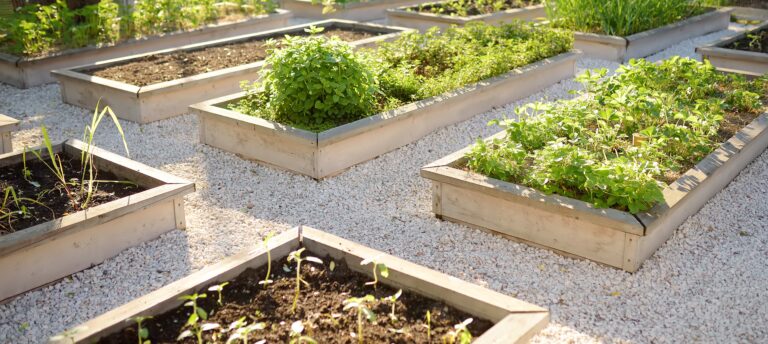As the summer in The Hunter, approaches, the Bureau of Meteorology has predicted we’re in for a long, hot summer and an El Niño weather event is underway.
Understanding your garden’s needs
In The Hunter, our gardens often host a variety of plant species, each with unique requirements. Understanding these needs becomes even more crucial as temperatures soar and rainfall diminishes. Focus on improving soil health; rich, well-nourished soil can significantly boost a plant’s resilience to heat and drought.
Water management strategies
Whilst we might see very high temperatures over summer, this doesn’t mean our gardens can’t be kept healthy and flourishing, without using excess water.
Water is a precious resource, and the summer holidays are a great time to spend time improving your garden’s irrigation and water management.
Investing in a rainwater tank is a great idea as you’ll reduce your water bill and help preserve one of our most precious resources. Hunter Water have a handy guide to help you choose a tank that best suits your situation, and some points for you to consider.
Smart Water Choices also now apply. Watering of lawns and gardens with a sprinkler, irrigation system or trigger nozzle hose is permitted any day before 10am or after 4pm to avoid the heat of the day.
Consider setting up a drip irrigation system for targeted, deep watering. Additionally, using organic mulches can significantly help in retaining soil moisture, thereby reducing the frequency of watering.
Choosing the right plants
Some plants fare better in dry and hot conditions. Opt for native or drought-resistant species accustomed to The Hunter’s climate. Plants like Eremophila, Westringia, and Grevillea are excellent choices. These species not only withstand harsh conditions but also support local biodiversity.
Protecting plants from extreme heat
Provide shade to your most vulnerable plants. Utilise shade cloths or position taller plants to offer natural protection. Additionally, setting up windbreaks can help protect your garden from hot, dry winds that further stress the plants.
Maintaining soil health
Healthy soil is the backbone of any garden. Enrich your soil with compost and other organic matter to improve its water retention capacity and nutrient content. Regularly testing your soil helps in understanding its needs and adjusting your gardening approach accordingly.
Apply mulch
Consider applying a layer of organic mulch, such as wood chips or sugar cane mulch, on top of the soil to help retain moisture, suppress weeds, and protect the soil and compost from erosion.
Pest and disease management
Hot, dry weather can lead to an increase in certain pests and diseases. Be vigilant and opt for eco-friendly pest control solutions. Regular inspections and interventions can prevent these problems from escalating and damaging your garden.
Lawn care
Lawns are often the first to suffer in heat. Raise the mowing height to leave grass longer; this provides shade to the roots and reduces stress. If maintaining a traditional lawn becomes challenging, consider drought-resistant ground covers as a sustainable alternative.
This summer, facing hotter and drier conditions, calls for a shift in our gardening practices in The Hunter. By understanding the needs of your garden, managing water wisely, choosing the right plants, and maintaining soil health, your garden can not only survive but flourish.
We’re here to help our community embrace these challenges as an opportunity to learn, and adapt our gardens. For more information on sustainable and resilient gardening, visit us.



